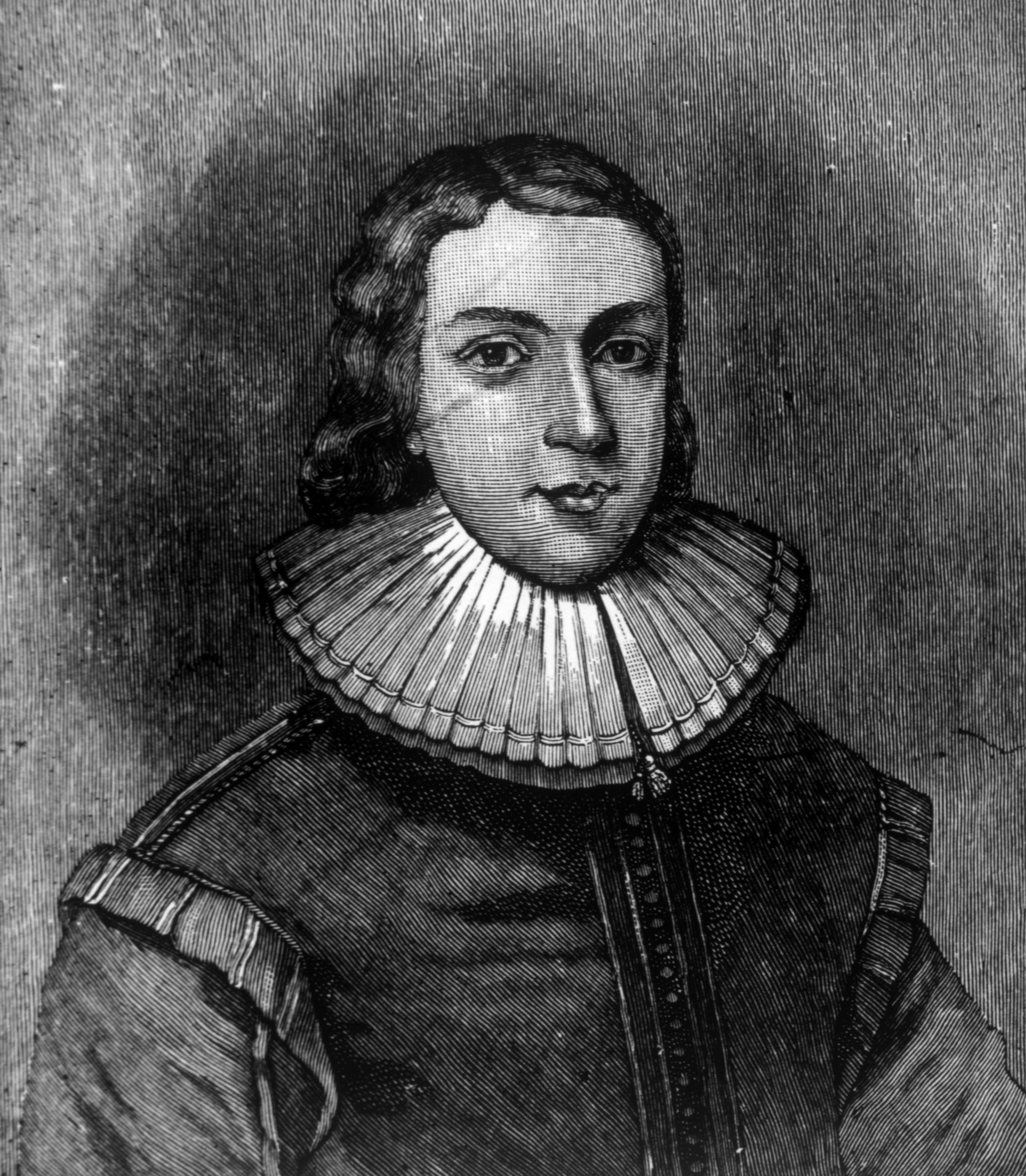Milton, John (1608-1674), was an English poet and political writer. He is the author of Paradise Lost (1667, revised 1674), considered by many to be the greatest epic poem in the English language. He also wrote Paradise Regained (1671) and Samson Agonistes (1671). Milton composed the first two of these works, and probably also the last, when he was totally blind.

Milton wrote Paradise Lost to “justify the ways of God to man.” The 12-book poem retells the Biblical story of the Creation and the fall of Adam and Eve against the backdrop of Satan’s rebellion against God and expulsion from heaven. Paradise Regained is a four-book “brief epic” written, like Paradise Lost, in blank verse. Based loosely on the Gospels, it narrates Christ’s successful withstanding of Satan’s temptations. Samson Agonistes tells the Biblical story of Samson in the style of Greek tragic drama. It depicts Samson, betrayed by Dalila (Delilah) and blinded by the Philistines, defeating his captors at the cost of his life.
Milton had a thorough knowledge of classical Greek and Latin authors and was greatly influenced by them. But, as a Protestant, he emphasized the Bible as interpreted by the individual believer. Through his poetry, Milton wanted to do for England “what the greatest and choicest wits of Athens, Rome, or modern Italy, and those Hebrews of old” did for their countries “with this over and above of being a Christian.”
Loading the player...Milton's use of figure of speech
His early life and works.
Milton was born in London on Dec. 9, 1608. He attended St. Paul’s School and then Christ’s College at Cambridge University. While at Cambridge, he wrote “On the Morning of Christ’s Nativity” (1629) and the companion poems “L’Allegro” and “Il Penseroso” (both 1631?). Although his early training prepared him for a religious career, he came to believe “tyranny had invaded the church.” He chose instead to dedicate himself to God’s service as a poet. Upon graduating from Cambridge in 1632, he went to Horton, his father’s country home, to study and write.
At Horton, Milton wrote two major pieces. Comus (1634), a masque (dramatic presentation with music), concerns the nature of virtue. Milton wrote the words, and the noted musician Henry Lawes wrote the music. “Lycidas” (1637), considered by many to be the finest short poem in English, is a pastoral elegy commemorating the death of his friend Edward King. In this poem, Milton for the first time subordinated classical sources to a Christian vision as he did in his mature art.
Milton left Horton in 1638 for a 15-month European tour. While in Italy, Milton heard of a growing conflict between the bishops of the Church of England and the Puritans. He returned to England to support the Puritan cause through a series of political writings.
Middle years.
Civil discord divided England from 1640 to 1660. King Charles I and the bishops of the Church of England clashed with the Puritans over policies of church and state, and civil war broke out in 1642. The Puritans defeated the King’s forces, and Charles was beheaded in 1649. Parliament then established a Commonwealth government led by Oliver Cromwell. See England (The Civil War).
During this 20-year period, Milton turned away from poetry to work on behalf of Parliament and the Commonwealth through his prose. In all his writings, he championed radical political and religious views. In Of Reformation in England (1641), he criticized the Church of England. In The Ready and Easy Way to Establish a Free Commonwealth (1660), he cried out against the prospect of the restoration of King Charles II to the throne. He defended the people’s right to choose and depose their rulers in The Tenure of Kings and Magistrates (1649).
Milton married 16-year-old Mary Powell in 1643. But their marriage was unhappy. She left Milton after a month or two and did not return for two years. Milton gained notoriety by writing a series of pamphlets in favor of divorce in certain cases. In 1644, he published his most famous prose work, Areopagitica, a defense of freedom of the press.
Milton’s work and constant study strained his weak eyes, and he was completely blind by 1652. His wife died the same year. He wrote the sonnet “When I Consider How My Light Is Spent” (1655) about his blindness. In 1656, Milton married Katherine Woodcock. She died 16 months later. Milton probably wrote the sonnet “Methought I Saw My Late Espoused Saint” (1658) about her.
Retirement.
Charles II was restored to the throne in 1660, and a number of people held responsible for the execution of Charles I were tried and executed. Milton was arrested, but not harmed. He went into retirement and married Elizabeth Minshull in 1663. Milton wrote Paradise Lost, Paradise Regained, and probably Samson Agonistes, his masterpieces, during his final years. These works are in part a response to his own blindness and the collapse of the Puritans’ hopes for the establishment of Christ’s kingdom on earth. Milton died on Nov. 8, 1674. His major poems fulfill his ambition to “leave something so written to aftertimes, as they should not willingly let it die.” They confirm Milton’s reputation as England’s foremost nondramatic poet.
See also Lycidas; Paradise Lost.
